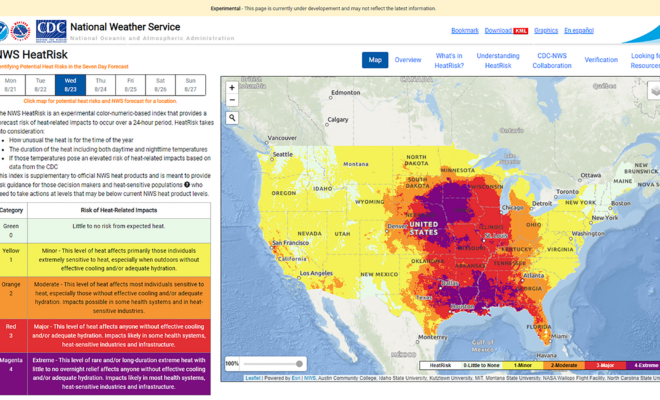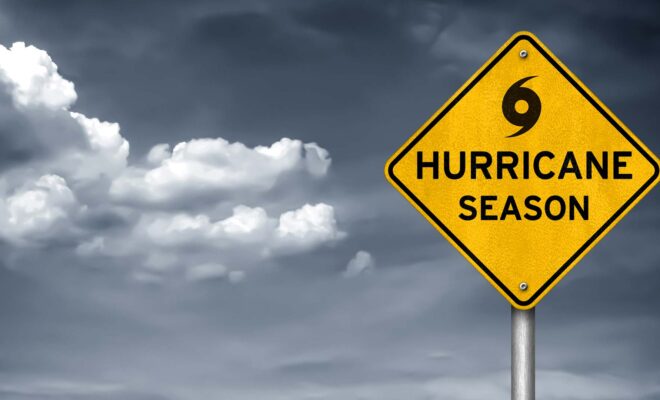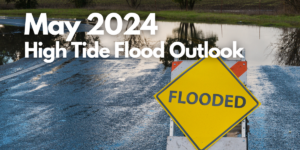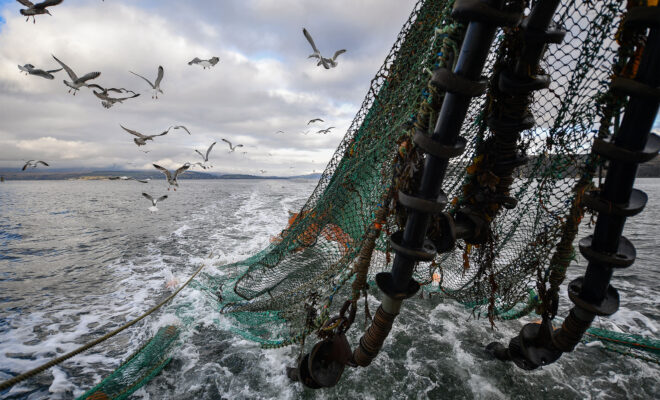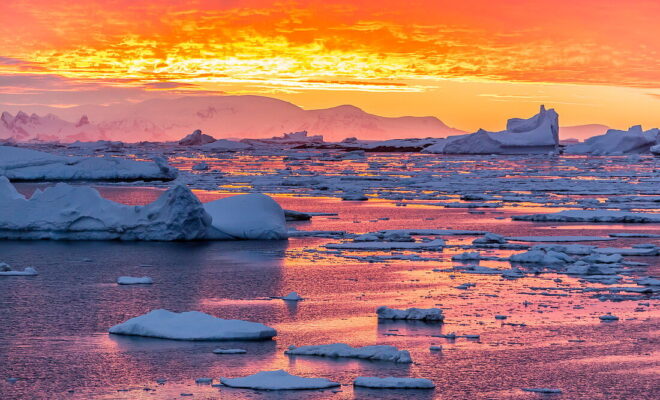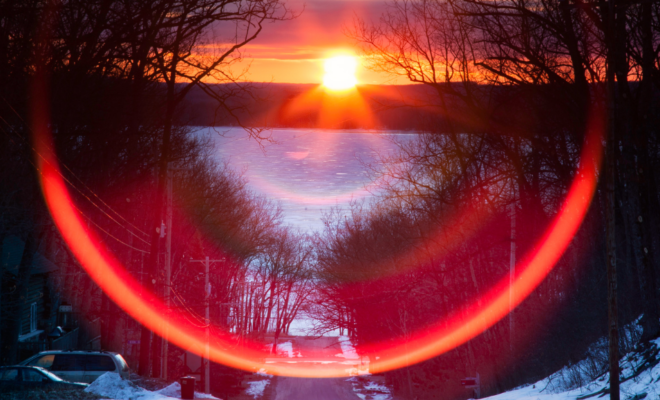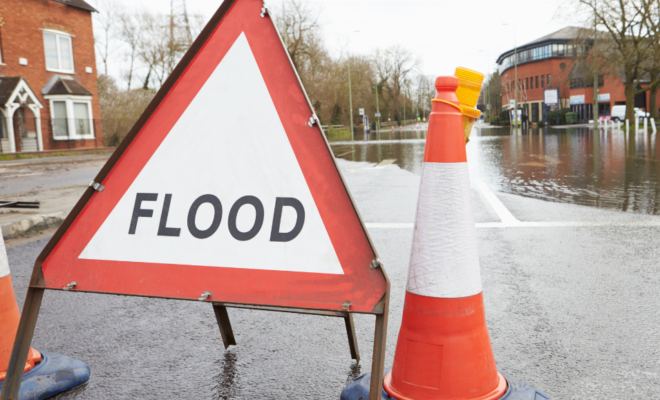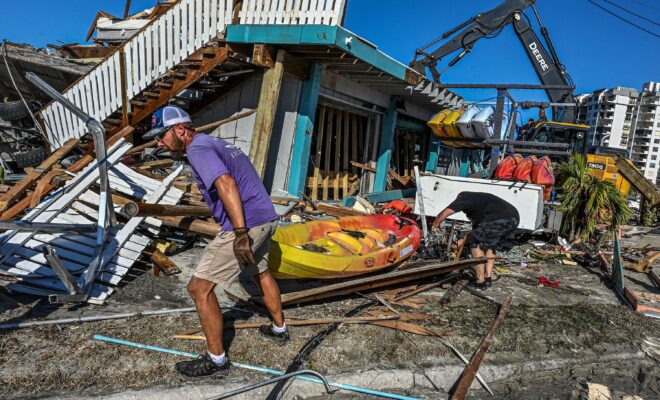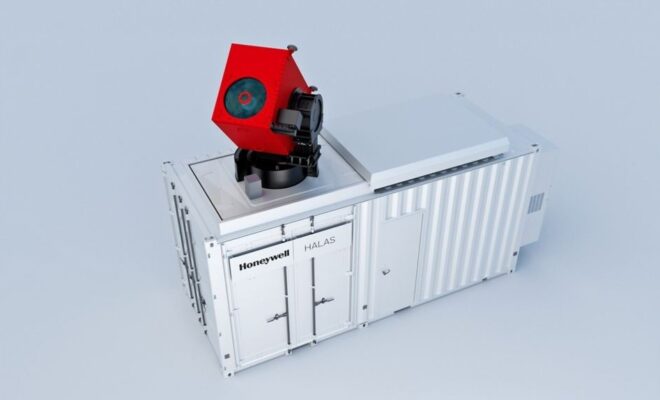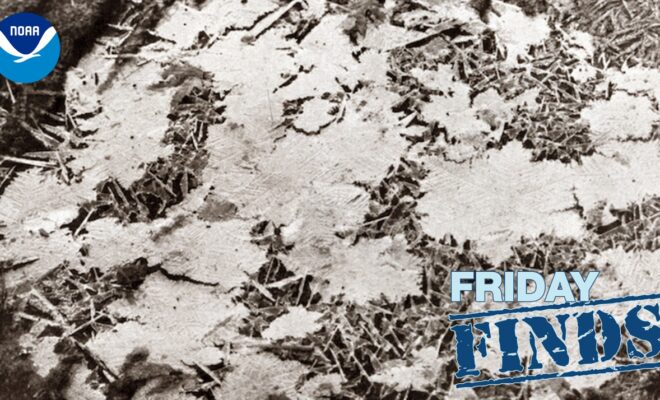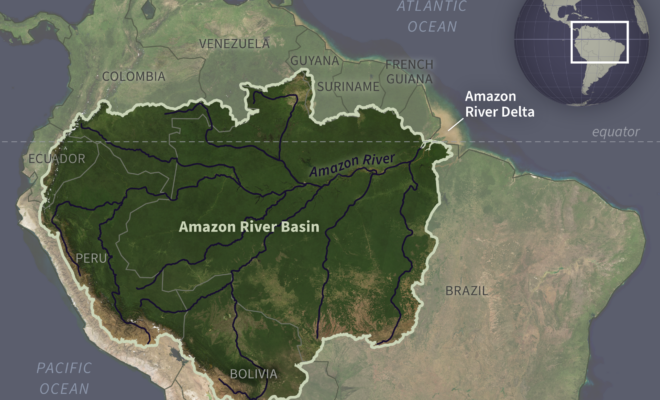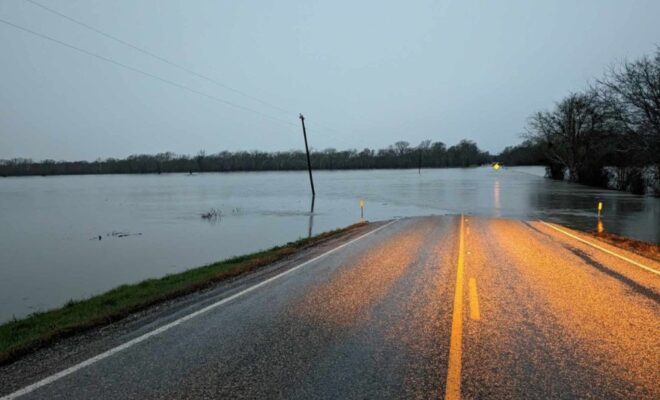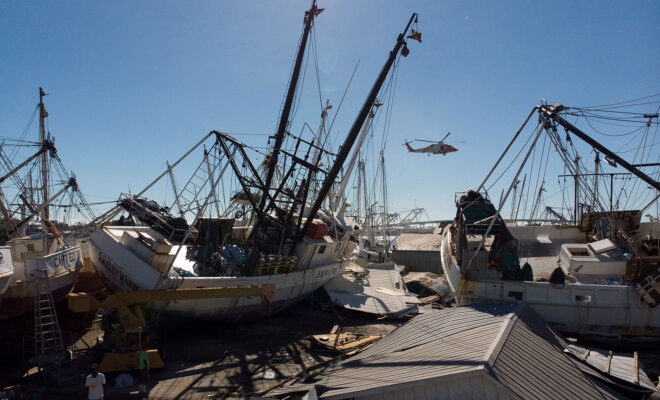Weather News & Resources Filter
NOAA Announces National Heat Forecast Tool: HeatRisk
By NOAA. NOAA is expanding the availability of a new experimental heat tool called HeatRisk ahead of the hot summer months. A collaboration with NOAA’s National Weather Service (NWS) and the Centers for Disease Control and Prevention (CDC), HeatRisk provides information and guidance for those who are particularly vulnerable to… SEE MORE
Researchers Predict Well Above-Average 2024 Atlantic Hurricane Season
By Colorado State University. Colorado State University hurricane researchers are predicting an extremely active Atlantic hurricane season in their initial 2024 forecast. The team cites record warm tropical and eastern subtropical Atlantic sea surface temperatures as a primary factor for their prediction of 11 hurricanes this year. When waters in… SEE MORE
High Tide Flooding Predictions for May 2024
By US Harbors. Coastal Flooding Outlook for May 2024 Per NOAA, mean sea level is typically higher in the late spring due to changing weather patterns and increasing water temperatures. That said, the outlook for tidal flooding this May is pretty contained, and is certainly less than we saw a… Learn More
Emergency Response Effort for Endangered Sawfish
By fisheries.noaa.gov. The Florida Fish and Wildlife Conservation Commission is documenting reports of abnormal fish behavior, including spinning and whirling, in the Lower Florida Keys. Along with this abnormal behavior, there have also been reports of fish deaths in these areas, including more than 28 smalltooth sawfish as of March 24. The… SEE MORE
Virginia Lawmakers Move to Protect Commercial Fishermen from Harassment at Sea
By Larry Chowning. The Virginia General Assembly has passed HB 928, a bill designed to protect commercial fishermen and their boats from harassment at sea. The measure passed 38-1 by the state Senate and 99-0 in the lower House, and was signed on by legislative leaders in early March. Gov.… SEE MORE
Why Is the Sea So Hot?
By Elizabeth Kolbert. In early 2023, climate scientists—and anyone else paying attention to the data—started to notice something strange. At the beginning of March, sea-surface temperatures began to rise. By April, they’d set a new record: the average temperature at the surface of the world’s oceans, excluding those at the… SEE MORE
Vernal Equinox Oddities: Lots to Learn about the First Day of Spring
By Bob Berman at Almanac.com. March Equinox Fun Facts On this March equinox, does the Sun rise due east and set due west? Are day and night of equal duration? Some of these answers are quite contrary to common wisdom. Bob Berman brings the fun facts to celebrate the first day of spring!… SEE MORE
High Tide Flooding Predictions for March 2024
By US Harbors. Coastal Flooding Outlook for March 2024 March’s highest tides start at the end of the first week in March–around March 9th–for most of the country, and will last several days. NOAA’s predictions for tidal flooding primarily focus on the Northeast and Mid-Atlantic states, and the Pacific Northwest.… SEE MORE
The Coast of Maine Gets Back to Business
By Paul Molyneaux. Putting the coast of Maine back together will take know-how and patience. After two back-to-back, record-breaking storms in Maine, there may not be any getting back to normal. According to a webinar offered by the Island Institute in Rockland, Maine, normal is over. The Gulf of Maine has risen 7.5… SEE MORE
Atlantic Ocean Circulation Nearing ‘Devastating’ Tipping Point, Study Finds
By Jonathan Watts. The circulation of the Atlantic Ocean is heading towards a tipping point that is “bad news for the climate system and humanity”, a study has found. The scientists behind the research said they were shocked at the forecast speed of collapse once the point is reached, although… SEE MORE
NOAA and Honeywell to explore use of HALAS upper-air data to aid in weather forecasting
By weather.gov. February 7, 2024 – NOAA’s National Weather Service and Honeywell Aerospace Technologies signed a two-year Cooperative Research and Development Agreement to deploy a high-altitude LiDAR Atmospheric Sensing (HALAS) ground system and to evaluate the upper-air data gathered to determine if it could aid in weather forecasting. Honeywell’s HALAS ground system uses… SEE MORE
Friday Find: Supersized Ice Crystals
By noaa.gov. On the morning of February 28, 1936, “ice crystals of unusual size” were found in Boise, Idaho. According to the March 1936 edition of the Weather Bureau’s Monthly Weather Review, the group was 22 inches across, or almost twice as wide as two standard dinner plates, and included… SEE MORE
NOAA welcomes third Beechcraft King Air to its Specialized Aircraft Fleet
By noaa.gov. NOAA’s newest aircraft, a Beechcraft King Air 360 CER turboprop, has arrived at the NOAA Aircraft Operations Center in Lakeland, Florida. The new aircraft, designated N65RF, is configured to support NOAA coastal mapping missions and aerial surveys of damage in communities after events like hurricane landfall, tornadoes or flooding. With… SEE MORE
Preliminary Analysis Says Global Warming More to Blame than El Niño for Amazon’s Ongoing Record Drought
By REBECCA LINDSEY. The devastating drought in the Amazon River Basin that we wrote about in October has continued into Northern Hemisphere winter, which is the heart of the wet season in the southern part of the basin. The drought is cutting off rural and riverside communities from food supplies, markets for… SEE MORE
The Nation Just Saw its 10th-Wettest January on Record
By noaa.gov. The new year started off unusually wet across the U.S., with extreme rainfall and flooding impacting parts of the southern Plains. The heavy rain also helped boost the month into the top-10 wettest Januarys on record, according to experts and data from NOAA’s National Centers for Environmental Information… SEE MORE
More than $42 million newly allocated to U.S. fishery disaster relief
By nationalfisherman.com More than $42 million in federal fishery disaster relief is being allocated to help U.S. fishermen, from the hurricane-wracked Louisiana Gulf coast to Alaska’s Yukon River salmon communities. U.S. Secretary of Commerce Gina M. Raimondo announced the disaster aid packages Monday for Alaska, California, Louisiana, Mississippi, Oregon and… SEE MORE
